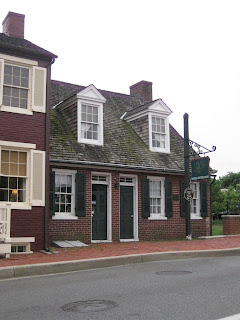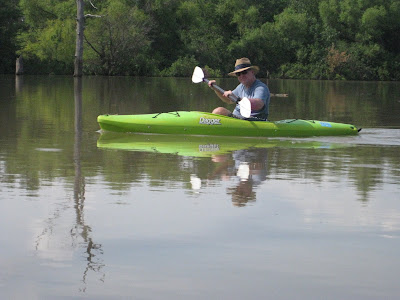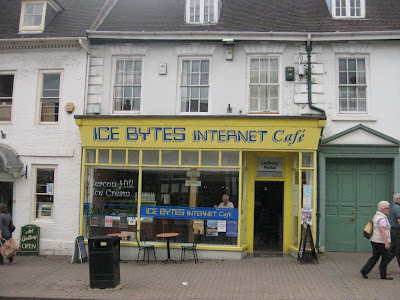Most of us do not record our family histories. We know very little of the momentous events in our parents lives, less about our grandparents, and thereafter, all is lost in a cloud of haze.
When we are young, we are too embarrassed, or interested in other things, to ask questions of parents and grandparents. Sadly, when we are older and wiser it is too late; the images and memories we are left with are few and distorted by childhood inexperience. The nature of children to leave home and go far, far away, the twists and turns of fame and fortune within our families, and the untimeliness of death and birth creates huge gaps in what is known about our family trees.
Before the computer and internet, sources for family histories in America are few. Family bibles, when kept, recorded significant dates in a family's life, but there was only one copy and when there were many children, them majority suffered from a lack of recorded history. Then, there were perhaps church records recording births, baptisms, marriages, and deaths. For the more industrious, there are property records or military records which can reveal new details.
In my family, I was fortunate enough to personally know three of my grandparents, my father's father, for whom I am named, died before the birth of any of his grandchildren. He was an immigrant from England, the town of Lechlade, by way of Canada. Or was it his father who emigrated from Lechlade and settled in Canada, from where his son then went to Texas and, later, Arizona. Sadly, now that I am older and interested, there is no one to answer my questions. My father's father married Francis, who I met several times, but know little of other than that she was born in Arkansas.
More is known of my mother's father, James Madison Pearson, whose ancestors origonally came from the border country of England and Wales, and crossed to America before the War of Independence. In World War I, my grandfather fought with the 2nd American Infantry Division near the Vosages Mountains in France. Wounded he was cared for in the small village of Graffigny-Chemin, where he met and married a French woman, my grandmother, Marguerite Chevalier Meine.
Of the hundreds and thousands of others, I know nothing.

 "
"
















































